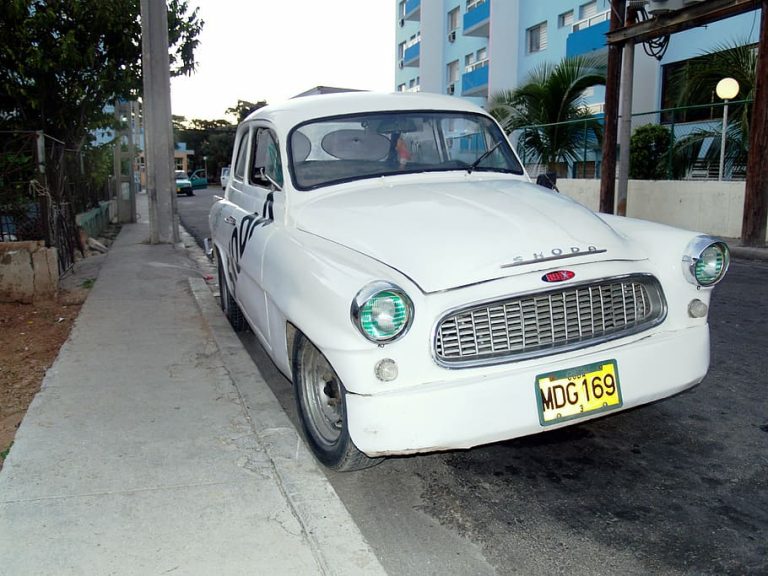Introduction
When it comes to honoring our veterans, we often think of parades, ceremonies, and heartfelt thank-yous. While these gestures are essential, there’s another way we can show our gratitude and support for those who have served our country: providing them with reliable transportation. In this blog post, we will explore the significance of cars for veterans and the various programs and organizations dedicated to helping them regain their independence through access to vehicles.
The Importance of Mobility
Mobility is a fundamental aspect of independence and freedom. For veterans who may have physical disabilities or face economic hardships, having access to a car can make a world of difference. It allows them to attend medical appointments, seek employment opportunities, and participate in family and community activities. A reliable vehicle can be the key to a brighter future for many veterans.
Challenges Veterans Face
Transitioning from military life to civilian life can be challenging, and many veterans find themselves facing unique obstacles. Some common challenges include:
- Physical Disabilities: Many veterans return from service with physical injuries or disabilities that make it difficult to use public transportation or walk long distances.
- Financial Struggles: Reintegrating into civilian life can be financially challenging. Veterans often face unemployment or underemployment, making it hard to afford a car.
- Isolation: Without transportation, veterans may become isolated from their support networks, leading to feelings of loneliness and depression.
- Access to Healthcare: Access to healthcare is crucial for veterans, especially those with service-related injuries. A car can help them reach medical facilities more easily.
Programs and Organizations Helping Veterans
Fortunately, there are several programs and organizations dedicated to providing cars for veterans:
- Wounded Warrior Project: This well-known organization offers a variety of programs, including a vehicle donation program that provides free cars to veterans in need.
- Vehicles for Veterans: This program accepts vehicle donations and uses the proceeds to fund various veterans’ charities, including those that provide cars to veterans.
- Operation Homefront: Focused on building strong, stable, and secure military families, this organization occasionally provides vehicles to veterans facing financial difficulties.
- Cars for U.S. Military Veterans: This nationwide program offers donated cars to veterans and their families, helping them regain their independence.
How You Can Help
Supporting cars for veterans is a noble cause, and there are several ways you can get involved:
- Donate Your Vehicle: If you have an old car that you no longer need, consider donating it to a reputable veterans’ organization.
- Volunteer: Many of these organizations rely on volunteers to assist with various tasks, from vehicle maintenance to administrative work.
- Spread the Word: Help raise awareness about the need for cars for veterans by sharing information about these programs on social media or through community events.
- Financial Donations: If you’re unable to donate a vehicle or time, consider making a financial contribution to organizations that support veterans.
Conclusion
Cars for veterans programs play a vital role in helping those who have served our country regain their independence and improve their quality of life. By providing reliable transportation, we can make a meaningful difference in the lives of veterans who have sacrificed so much for our freedom. Whether through vehicle donations, volunteering, or financial support, there are many ways to contribute to this important cause and express our gratitude to those who have served.
